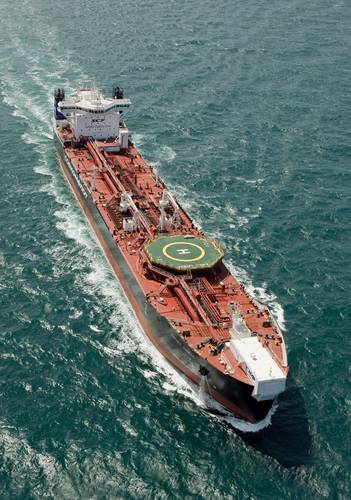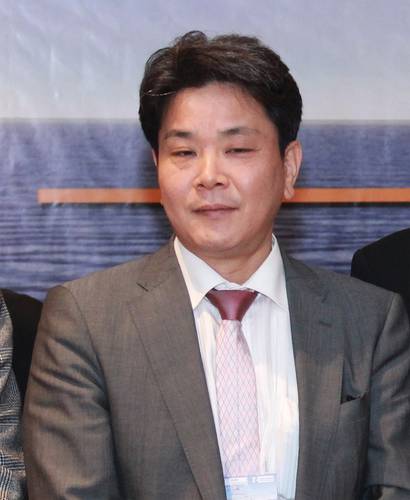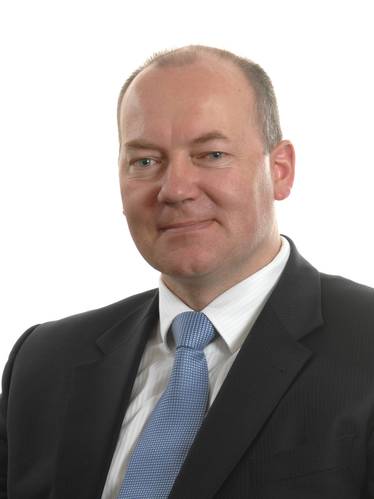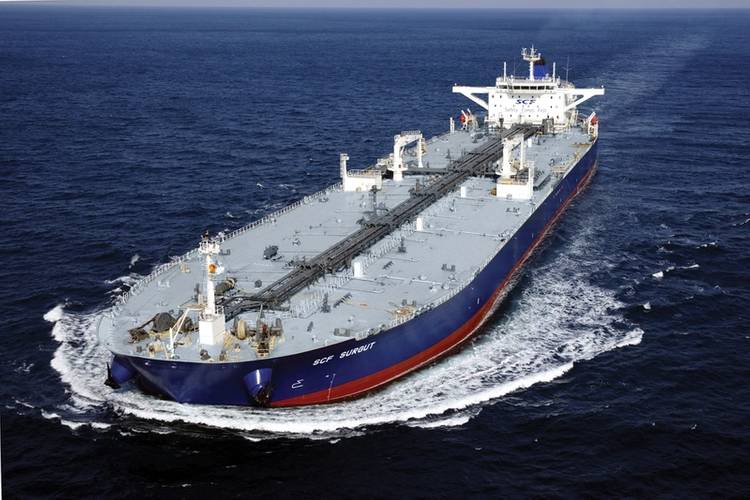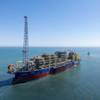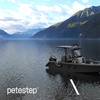Ship Management and Technology
Technology is central, not merely an add-on, to ship manager brand value.
Ship managers who operate vessels on behalf of their owner clients, are the lynchpin of international shipping. As the industry has gone through rounds of relentless cost cutting, at times of increasing regulatory scrutiny, and commercial pressures for high standards, third party managers have filled the need for raising quality, while maintaining tight cost controls. The rise of third party managers in the 1980s and 1990s, driven initially by banks needing to operate repossessed vessels and then, later, by a push towards reducing crewing costs, coincided with revolutionary advances in technology that have enabled vessels to become, effectively, nodes in a broader network.
Strategically, the management business is about building economies of scale and sustainable long-term advantages, which might be in the form of proprietary recruitment and training, but also in creating differentiation through technology.
Changing Landscape
The ascendancy of the managers has occurred at a time that the character of shipping ownership has also changed, with new-age financial players competing alongside old-time shipping companies. Consider Ridgebury Tankers, the owner of 13 Suezmax tankers-backed by the Riverstone Group (a PE powerhouse with a slant towards energy businesses). While private, its internet website provides a window into its unique selling proposition, noting that it “Partners with world-class pool operators and ship managers for maximum performance, safety, efficiency and compliance.”
The larger managers have brought technology in-house. Bernhard Schulte Ship Management, itself created in 2008 by joining four smaller managers, established a technology division, in late 2012, which would provide a platform for implementing technology solutions across the globe in multiple locations. According to the company, TDC frequently engages with various external consultants to review and ensure the quality of various software it builds. TDC works with many industry leading consultants in India, Cyprus, and Germany to deliver high quality maritime solutions. A communications division, Telaccount, based in Cyprus, is a packager and service provider for multiple networks- including Inmarsat and Iridium, used internally but also deployed externally to third parties.
V-Ships, part of the larger V-Group (owned by PE investors) sees technology at the fulcrum of its value proposition. Complementing its core ship management business – another wholly-owned V-Group company, Seacom Electronics, supplies equipment for navigation and communications (as well as selling air-time), to the maritime industry. Yet another group company, Seatec, provides turnkey services for project management services for vessel upgrades and refits. Its wide-ranging offerings include IT network design, as well as communication systems.
The Age of Broadband
Increasingly, the communications mix has shifted to broadband. Telaccount, the Bernhard Schulte subsidiary, says in a recent bulletin: “The demand for transferring data to and from the vessels is growing each day,” citing new developments including ECDIS, e-Navigation, and the Maritime Labor Convention (creating demands for “internet cafes” aboard vessels).
Geneva-based Specialist ship manager SeaFlag provided insights into managers’ priorities and the importance of communications technology. Mr. Massimo De Vincenzo, SeaFlag’s top executive, told MarPro: “On board the managed vessels we have double broadband satellite systems for both voice and data traffic. The system is managed by Inmarsat and provides the possibility to always minimize the communication costs depending on vessels position. The system is used for both communications with office and with third parties.” Capt. Motoyama from the top management at MMS Co. Ltd (based in Tokyo) offered a different perspective, telling MarPro, “Basically, all communication with vessels from the office is e-mail and telephone. We have not found a suitable technology which could benefit all stakeholders jointly. We do not want to rush into experiments which burdens seafarers or office staff and yields nothing or little.”
Seacom Electronics, the V Group company, also handles Inmarsat’s Fleet Broadband, as well as VSAT. Demonstrating the economies of scale in managing upwards of 1,000 vessels, Seacom cut a deal three years ago with equipment and communications provider KVH, based in Rhode Island, to deliver VSAT services to its vessels.
Maritime businesses are complex and not always suited to out of the box solutions, so the large managers also have developed proprietary software and systems. V-Group, for example, uses the KVH service to connect ships to onshore networks using ‘ShipSure,’ an enterprise resource planning (ERP) software developed in-house. Technology figures prominently in V-Ships’ Vessel Management System, which complies with requirements for Safety Management Systems, and includes on-line training for crew.
Describing a recent upgrade, V-Ships provided hints of the power behind its Vessel Management System, V-Ships explaining, “The development, maintenance, version control and approval of the VMS is built around Microsoft’s powerful SharePoint collaboration technology that is being introduced into the group.” Keeping 1,000+ vessels on the same page is now easy task. V-Ships adds “The distribution and on-going updating of the vessel version will be through a new VMS application that will use advances in ShipSure’s replication technology to keep shore and shipboard VMS documentation in synch over the existing communication links.”
Technology and Training
Crew training is also a key activity at SeaFlag, with Mr. De Vincenzo telling MarPro: “We provide the crew training materials and also arrange onboard training sessions through a sister company…” Capt Motoyama from MMS offered: “We have identified that ECDIS being the future and having it’s training from outside may not yield desire results. Hence we have installed ECDIS training system in our training center in Manila to provide it to each deck officer and monitor the effectiveness of this important training for the safety of Navigation.”
Motoyama of MMS also identified the roles of technology in routing, saying, “We have a vessel position monitoring system, which monitors each vessel position continuously, intended route and weather conditions. Vessel’s positions are also transmitted to charterers as per their requests.” New regulations have brought new technologies, with Capt Motoyama adding, “We get daily consumption of each type of fuel being consumed by each of our vessel. Once in ECA area, the low sulpur fuel consumption is on our alert screen. We have vessel position monitoring system, which monitors each vessel’s position continuously, intended route and weather conditions. A vessel’s position can be transmitted to the charterers as per their requests.”
Separately, SeaFlag’s Mr. De Vincenzo explained the importance of weather routing systems which support the masters in finding the most economical route and also helps in the event of underperformance claims from charterers.
Remote monitoring of engine performance and Condition Based Maintenance (CBM) continues to emerge, supported by enhanced communications. MMS’s Motoyama says: “We have taken up projects with engine makers where vital information is captured by ship’s staff and sent to the makers for analysis. This in turn provides the health and performance of the Engines and predicts future problems and maintenance in advance. This practice does not pressure ship staff with high end software or technology which at times is very difficult to understand and use.”
Technology is a marvelous enabler, but stakeholders say that it must be used with caution. Captain Kuba Symanski, Secretary General of InterManager told MarPro, “Shipping works with 99.99% reliability, when at the same time, new technology is quite happy with 80% reliability. I don’t think that shipping is quite ready to become unreliable.” He added, “We also have serious problems with interpreting data. Who wants to work ashore with knowledge needed at sea? So the real question is ‘Do we want this data ashore, or rather- support those at sea who know how to read it.?’ ”
Capt. Motoyama echoed the same sentiments, saying: “While advancing with technology MMS have very diligently taken care of understanding level of seafarers. We believe that any technology if it’s faster than the mental level of users, it may be more trouble than it is worth.”
Technology for Ship Management
A common denominator between many operators seems to be that, while technology is essential for the modern ship manager to provide good service to its principals, at the same time, it is important to select the right technology for the right purpose. Too much technology and not enough training can lead to problems. Integrating technology into shipboard functions, without overburdening the crew is also important. All of that is possible today and ship managers are taking advantage of it.
(As published in the 1Q 2015 edition of Maritime Professional - www.maritimeprofessional.com)










